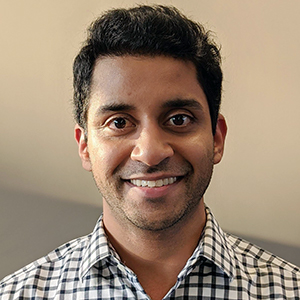Second annual JBC Methods Madness tournament begins next week
Calling all scientists! The Journal of Biological Chemistry’s second annual Methods Madness tournament is here.
Last year’s tournament came down to the wire with #TeamCryo scraping by #TeamMassSpec to be crowned the first ever #JBCMethodsMadness champion. Can #TeamCryo repeat this year? Will #TeamMassSpec get revenge? Will both be upset by a new contender? Now is your chance to decide who makes it through.
The madness begins on Monday. (See tournament schedule below). Submit your bracket by Sunday for a chance to win a $100 gift card.
Round 1: The Scientific 16
Vote for your favorite methods by participating in polls posted by @jbiolchem.
Monday, March 15
9 a.m. – #TeamMassSpec vs. #TeamFRET
2 p.m. – #TeamImmuno vs. #TeamXRC
Tuesday, March 16
9 a.m. – #TeamCryo vs. #TeamMachine
2 p.m. – #TeamiPSC vs. #TeamLiveCell
Wednesday, March 17
9 a.m. – #TeamPCR vs. #TeamChroma
2 p.m. – #TeamCloning vs. #TeamNMR
Thursday, March 18
9 a.m. – #TeamCRISPR vs. #TeamSuperRes
2 p.m. – #TeamOmics vs. #TeamOpto
All times Eastern.
A note about JBC methods
It's well known that science progresses by building on the shoulders of those who came before. That's especially true for papers that report new tools — genetic constructs, small molecules, model organisms, etc. — that can be directly used by colleagues to jump-start a new project or resolve a technical hurdle. And at JBC, our high standards for rigor and reproducibility mean that readers can trust published tools to work as promised.
— Lila Gierasch, JBC editor-in-chief
Enjoy reading ASBMB Today?
Become a member to receive the print edition four times a year and the digital edition monthly.
Learn moreGet the latest from ASBMB Today
Enter your email address, and we’ll send you a weekly email with recent articles, interviews and more.
Latest in Science
Science highlights or most popular articles

E-cigarettes drive irreversible lung damage via free radicals
E-cigarettes are often thought to be safer because they lack many of the carcinogens found in tobacco cigarettes. However, scientists recently found that exposure to e-cigarette vapor can cause severe, irreversible lung damage.
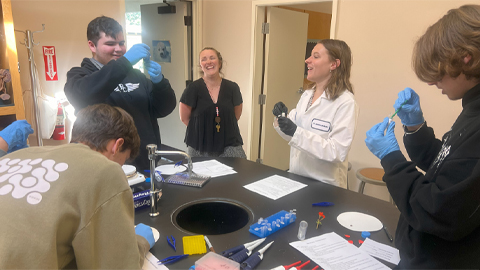
Using DNA barcodes to capture local biodiversity
Undergraduate at the University of California, Santa Barbara, leads citizen science initiative to engage the public in DNA barcoding to catalog local biodiversity, fostering community involvement in science.
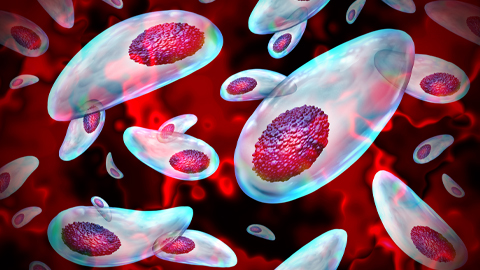
Targeting Toxoplasma parasites and their protein accomplices
Researchers identify that a Toxoplasma gondii enzyme drives parasite's survival. Read more about this recent study from the Journal of Lipid Research.
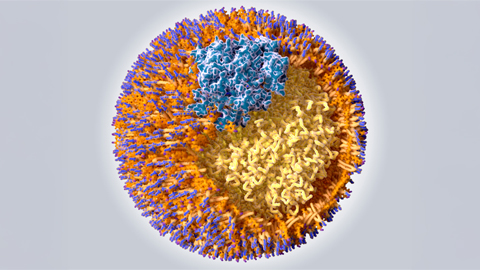
Scavenger protein receptor aids the transport of lipoproteins
Scientists elucidated how two major splice variants of scavenger receptors affect cellular localization in endothelial cells. Read more about this recent study from the Journal of Lipid Research.
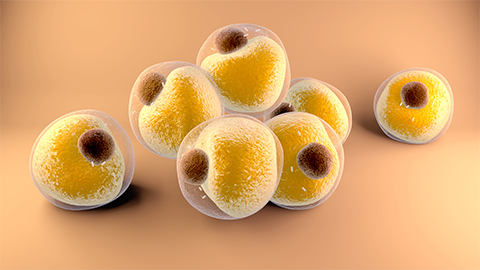
Fat cells are a culprit in osteoporosis
Scientists reveal that lipid transfer from bone marrow adipocytes to osteoblasts impairs bone formation by downregulating osteogenic proteins and inducing ferroptosis. Read more about this recent study from the Journal of Lipid Research.

Unraveling oncogenesis: What makes cancer tick?
Learn about the ASBMB 2025 symposium on oncogenic hubs: chromatin regulatory and transcriptional complexes in cancer.

